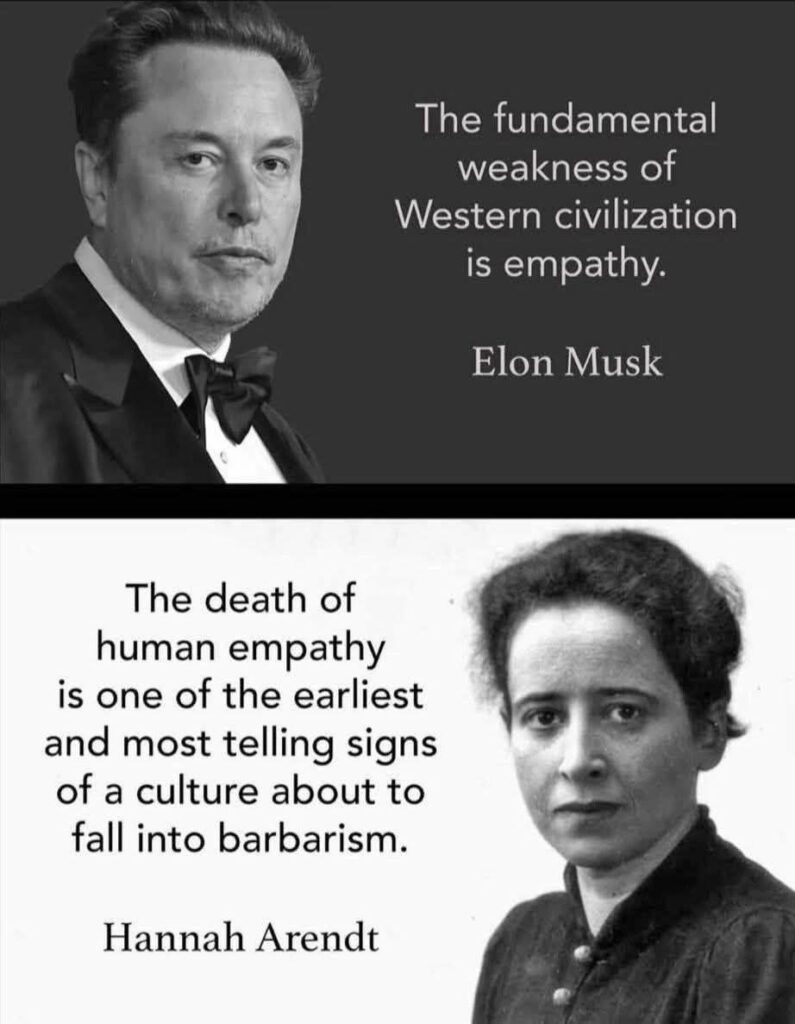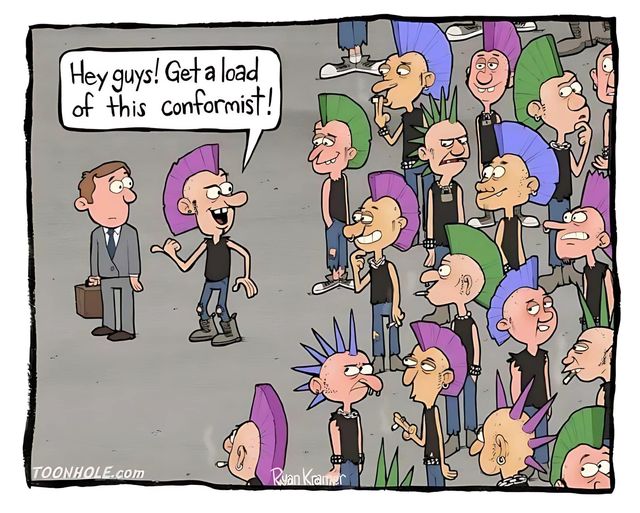Let’s look at this from a prospective, both the W3C statement and the #OMN paths recognize that the early web was built with sharing, decentralization, and public good in mind. The #W3C calls for a web “respectful of all participants,” which aligns with the #OMN goal of building an open media infrastructure based on the #4opens: open data, open source, open standards, and open process.
Where this W3C #mainstreamin alt path falls short (and why #OMN matters). The W3C vision speaks of “taking responsibility” and “addressing the impact of our work” through technical standards, but in reality, the current web’s architecture has been co-opted by centralized, profit-driven platforms (#dotcons). As the funding and structure of the organisation its self.
In reaction to this, the #OMN is grounded in the reality that technical fixes alone won’t solve these social problems, we need working activist cultures, grassroots governance, and federated media networks to actively challenge #mainstreaming and its #deathcult values. The geeks can’t solve the problem themselves…
What #OMN brings is a social layer: W3C focuses on technology and ethics at the standards level. The #OMN focuses on the cultural and organizational infrastructure needed to build, sustain, and govern ethical activism.
Scaling what worked: The W3C admits we’ve lost the “openness” to misinformation and data abuse. The #OMN is about bringing back what worked (e.g., early #Indymedia, radical tech collectives) and scaling it using tools like #ActivityPub and the #fediverse.
Compost and regenerate: The W3C wants reform from within. The #OMN recognizes the need to compost the #techshit, grow anew, and create parole autonomous, federated spaces where community processes are native, embedded, not isolated.
A positive reboot (from within the #openweb) is needed, where the W3C gives us a narrative frame., the #OMN gives us a path to act. We need to reclaim the web not only through better standards, but through working, lived alternatives – composting what failed, and growing social tech based on what we know works.
We need bridging, if the W3C and groups like them are serious about rebuilding a humane web, then the #OMN path has much to offer:
- A bridge to activist governance.
- A working example of the Ethical Web Principles being practiced socially, not just technically.
- A push for native, grassroots agency, not just safeguards built by the same #NGO centralizers who failed the first time.
Let’s do better, yes, but let’s also be native, that’s what the #OMN is about.
A thread on a different project on the same subject, “Open Source and Open Standards nerds like me, ought to know by now that the protocol is the least compelling thing about a service. Who cares if your home is built using only Stallman-blessed tools, when the walls are full of rats?” https://shkspr.mobi/blog/2025/07/im-never-going-back-to-matrix





